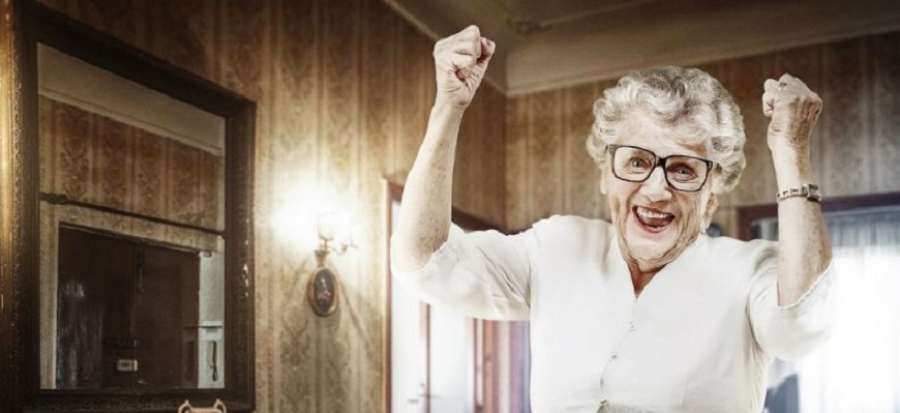Twenty years ago schools had limited internet access. It was relatively new, and the number of people using it was much smaller. Cybersecurity was not really a concern. However, as with society as a whole there is always a small minority of people who want to subvert its use for financial gain or other nefarious purposes.
So what do we do? Well there are two schools of thought here. Some say BAN IT / control it; other say educate and teach responsible use. I fall more into the second camp, but agree there needs to sometimes be a safety net when they fall.
Are we doing the children a disservice by making them feel overly safe in schools? We make them aware of the filters. We allow them to be click-happy and not think about the website they are visiting.
Think of it like this… When we first need to learn to ride a bike, we use stabilisers to help us gain confidence. However, at some point the stabilisers need to come off. Should we be teaching our children to be focussing more inwardly about their own online behaviour rather than rely on parental controls and filters? Show them how to think about the links they are clicking. Show them the internet lies. Two of my favourites are www.zapatopi.net/treeoctopus and www.vintagetransport.org.uk/northamptonunderground. Two very convincing websites that are of course hoaxes. Northampton never has had an underground railway, and similarly, a tree octopus? Come on!
Watch how many children take these at face value though. I like to give the children a list of websites to explore. Some fake, some real. I try to use real ones that sound fake and vice-versa. It “I give pupils a list of websites to explore. Some fake, some real.”creates some really valuable discussion about the things to look for to spot if a website is real. There are however always exceptions. We talked about how Wikipedia, although real, can be edited by anyone!
We discuss the importance of utilising the security settings on all apps they use. At a parent meeting about e-safety, I made my mantra for the evening “It is not about saying ‘don’t’! It is using it safely”. We know that although the age limit for most social media is thirteen, many Primary children have their own accounts.
Most importantly we have taught the children the importance of telling someone if anything happens. Don’t close the screen. Take a screen grab or fetch an adult to do it. This is all incredibly valuable evidence for being perpetrators to justice.
Our children are going to be living more and more of their life online, and they need to be good citizens. We need to break the “internet isn’t real life” paradigm. We need to change our language from ‘online’ and ‘offline’ to ‘life’. You wouldn’t abuse someone in the street; you wouldn't hand a stranger in the street your personal details; you wouldn't hand a stranger in the street intimate images and you certainly wouldn't want to be identified as a perpetrator of hate crimes. If we can instill in children that this is real life then we can start to build a sense of responsibility and accountability.
Pupils need also to think about their own behavior online. Are they good digital citizens? Are they involved in cyber-bullying or trolling? Would their actions“I challenge pupils to consider whether they would like their granny to see their actions.” online pass the Granny Test? I challenge them to consider whether they would like their granny to see their actions. If not, then don’t do it! I don't know about you, but the thought of my Granny (even though she is no longer with us) seeing me write something defamatory or doing at something questionable online is more than plenty to make me think twice.
More than just protecting me online, it makes me think about MY actions online. A far more proactive way of thinking making sure everyone’s experiences are safe online, rather than a reactive e-safety focus for our children. I wonder how many ‘trolls’ would like their granny to see what they are saying to this week's target celebrity.
Safety starts at home! The more good citizens we can create the safer the internet becomes for everyone. Sadly there will always be a small percentage of knowing perpetrators out there, but the more this can become a social taboo the better!
This school year, stay safe, be nice and remember... Granny is always watching!
Would your pupils pass the Granny Test? Let us know below.


















